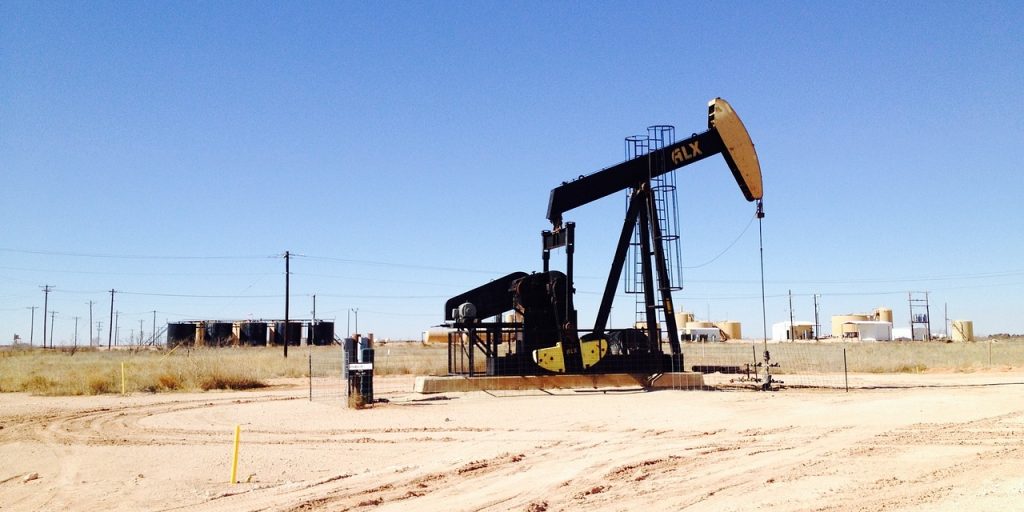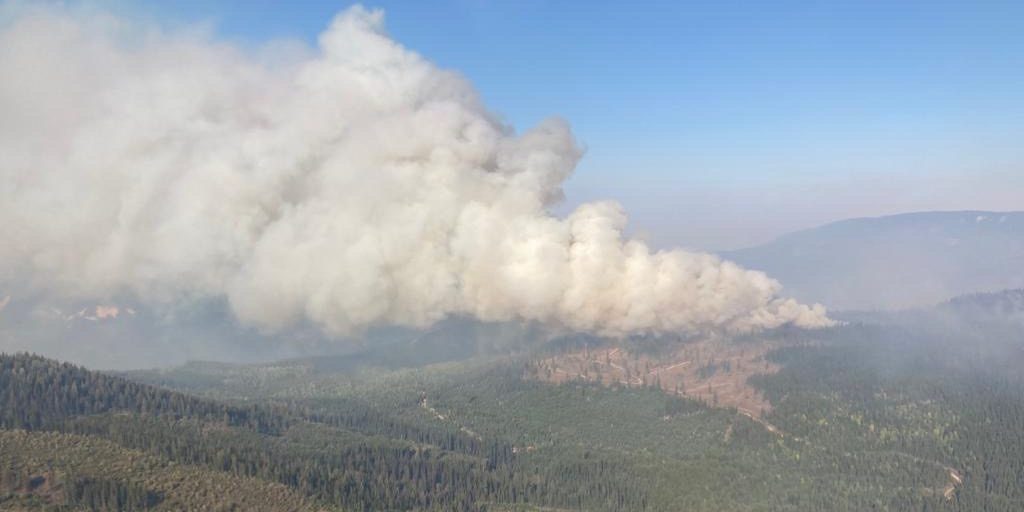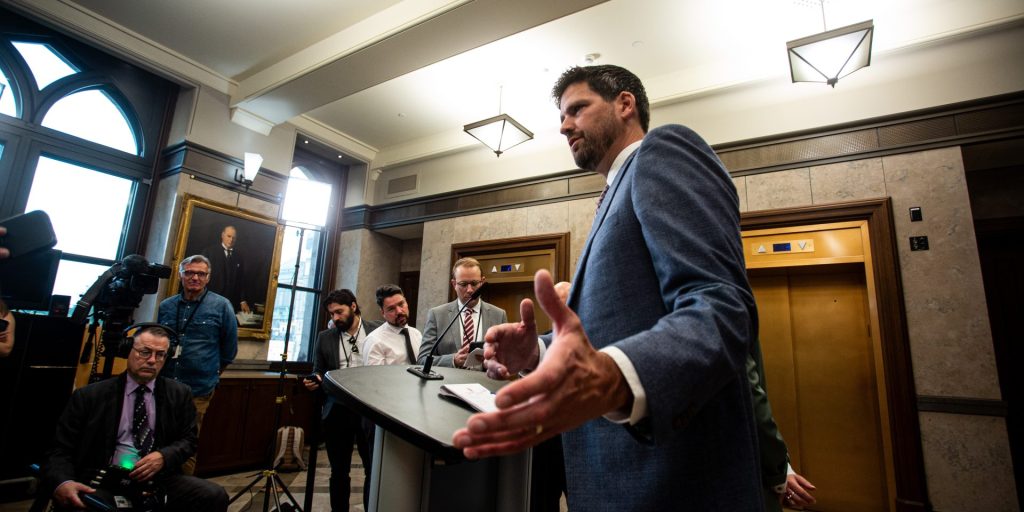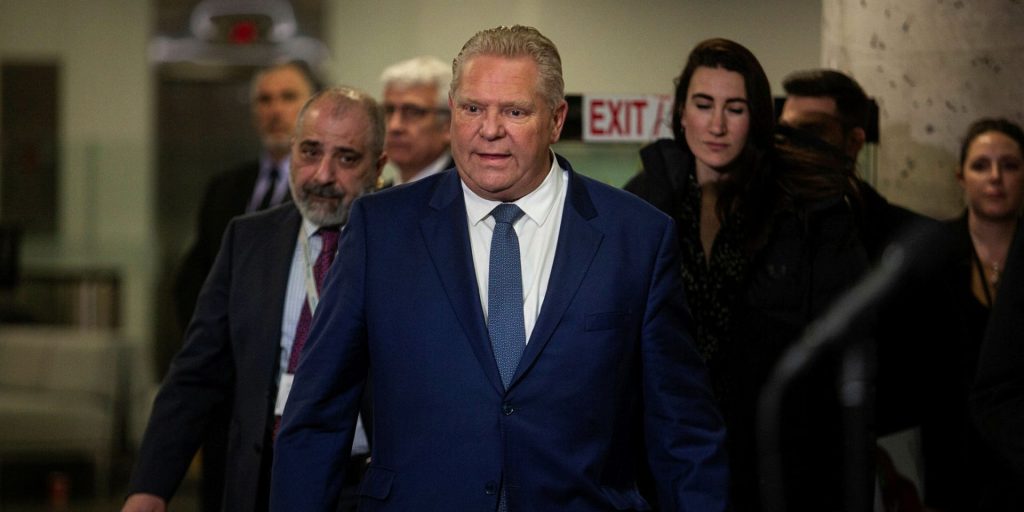Industry rep calls on Ottawa to boost subsidies for EVs, as high prices put them out of reach for many consumers

Widespread adoption of electric vehicles is part of the government’s plan to reach net-zero. But the industry needs help to hit Ottawa’s ‘aggressive sales targets,’ says a spokesperson for the Canadian Vehicle Manufacturers’ Association.
Universities are a critical piece of the climate-change puzzle

Researchers are tracking climate change impacts on our systems and infrastructure, and developing projections to help communities prepare for increases in temperature and extreme weather events.
Natural gas is neither a cleaner nor safer form of fuel energy

Not only does the extraction and use of natural gas affect the health of humans and animals, it also contributes to climate change, which negatively impacts the population’s physical and mental health, write a group of physicians and scientists.
Regardless of politics, climate change ‘isn’t a distant phenomenon’ amid ‘most destructive wildfire season in Canada’s history,’ say experts

More than 17 million hectares of forest have burned in Canada over this year’s fire season as the climate debate in Parliament focuses on carbon pricing.
Accelerated global warming and strange days, indeed, writes B.C. letter writer
With most Canadians looking forward to the end of this year’s wildfire season—the worst on record—the Elephant Mountain Literary Festival in Nelson, B.C., will feature guest speaker John Vaillant, author of Fire Weather. Vaillant’s book affirms the culpability of the fossil-fuel sector in creating the conditions that make wildfires more likely, along with other extreme weather […]
Conservatives already have a climate plan

The usual suspects are always asking where the right’s climate plan is, and seem to think a carbon tax is the only answer to our environmental issues.
New ‘post-partisan’ task force says Canada’s housing goal can’t compromise its emissions targets

Co-chairs Lisa Raitt and Don Iveson say ‘partisan bickering’ doesn’t honour the complexity of addressing Canada’s ‘twin crises.’
We must speak for the land and for the generations yet to come

The biggest threats to human health are climate change and biodiversity loss. Canadian medical schools are embedding planetary health into their curricula.
Ontario government locking in long-term dependence on gas plants despite federal clean electricity timelines

The province’s energy plan does not set a timeline for phasing out fossil fuels from its electricity grid, says one environmental advocate.
The impact of the climate crisis on women

Efforts to reduce gendered fallout of climate change need to happen alongside investments in cleaner fuels, greener transportation, and carbon removal systems.

